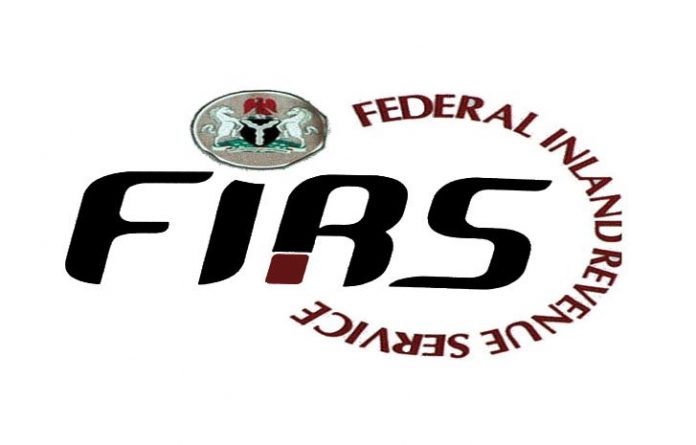The Federal Inland Revenue Service (FIRS) collected N21.6 trillion as tax revenue in 2024, exceeding the target of N19.4 trillion set for it by the government.
This revenue performance represents 112 per cent of the set target for 2024 and N9.36 trillion or 76 percent increase in the revenue collected for 2023.
Chairman of the tax authority, Dr Zacch Adedeji, made the disclosure in Abuja on Thursday at the opening of a two-day strategic management retreat of the agency.
Adedeji attributed the increased tax revenue collection to the enabling environment provided by President Bola Tinubu, the internal reforms introduced at FIRS as well as the dedication and professionalism displayed by staff of the agency.
Following the upward trajectory of tax revenue, particularly under Adedeji, a higher target of N25.2 trillion has been set for the agency in 2025.
“We closed the chapter of 2024 with an achievement that will forever be recorded in the history of FIRS: the record-breaking collection of N21.6 trillion in tax revenue, surpassing our target of N19.4 trillion,” Adedeji said.
“This was no small feat. It was the result of your resilience, professionalism, and dedication, coupled with visionary leadership and a strategic focus on the pillars of people, technology, and processes.
“But let me remind you that this success is not just ours to celebrate. The FIRS is more than a revenue authority; it is a cornerstone of our nation’s economic stability, a vital pillar upholding Nigeria’s progress, and an agent of renewed hope for all Nigerians.”
Crunching the figures, Coordinating Director, Large Taxpayers Group, Amina Ado, said the contribution of non-oil taxes to the revenue pool grew by 97 per cent, just as there was a significant increase in debt recovery in 2024.
She said all non-oil tax types like Companies Income Tax (CIT), Value-Added Tax (VAT) and others exceeded their target, with tax from oil being the only tax type that performed below expectation due to lower crude output of 1.55 million barrels per day instead of 1.78million bpd as projected.
Ado, however, said despite the low oil production, oil tax went up by 35 per cent compared to what it contributed to the pool at the end of 2023.
She highlighted how the quick resolution and increase in the number of audit cases from 4,980 in 2023 to 8,046 in 2024 contributed to the high revenue performance in 2024.
The coordinating director expressed optimism that the 2025 target would be achieved with active collaboration, adding that “The big betting companies are in our tax net already and we are working on getting more so as to expand the net.”
In a goodwill message, Minister of State for Finance, Doris Uzoka-Anite, described FIRS as “the most important organisation in Nigeria today as “anything we want to do is anchored on revenue.
“All these achievements of yours can only come when you have a focused management like this. You are lucky to have Dr Zacch Adedeji on board.
“It is important that the morale of the workers is boosted. When we came, we declared emergency in revenue. That was when he was Special Adviser on Revenue. We are happy things have greatly changed.
“As we look more to the passage of the tax reform bills, you will be the one to make it achievable. Nothing must happen to you because when you sneeze, we will catch cold.
“You are important to the growth of Nigeria. Everything that is happening here. You have our support,” she said.
Earlier, the Chief of staff to the FIRS chairman, Tayo Koleosho, said the organisation had laid foundation for impactful 2025, noting that the management would focus more on collaboration to further reposition the agency.
“FIRS recognises its workforce as central to effective tax administration and will prioritise developing technical and managerial competencies through targeted training.
“These initiatives will enhance data-driven decision-making and equip staff to address evolving challenges in tax policy, compliance, and enforcement within a modern revenue system.
“In 2025, FIRS will position technology as a central driver of tax administration by expanding integrated systems for end-to-end digital processing, enhancing taxpayers’ platforms for seamless access, and leveraging emerging technologies for audits, compliance, and fraud detection to unlock new revenue opportunities,” said Koleosho.


